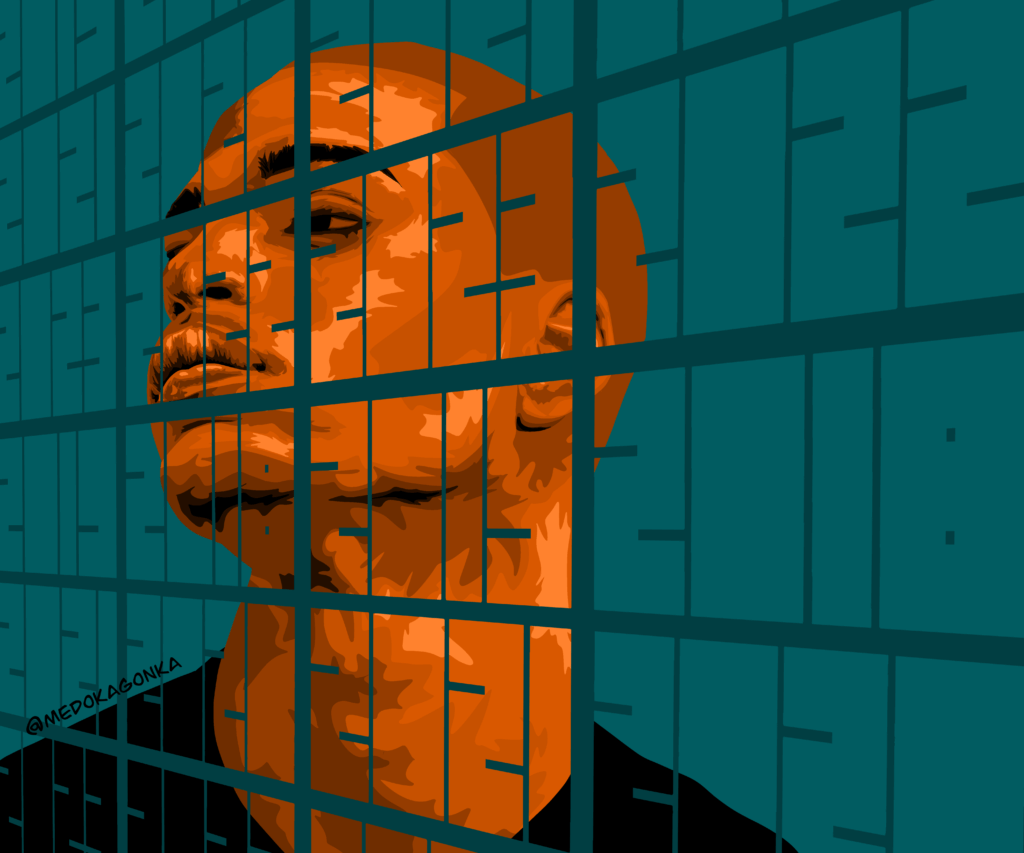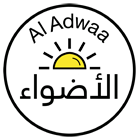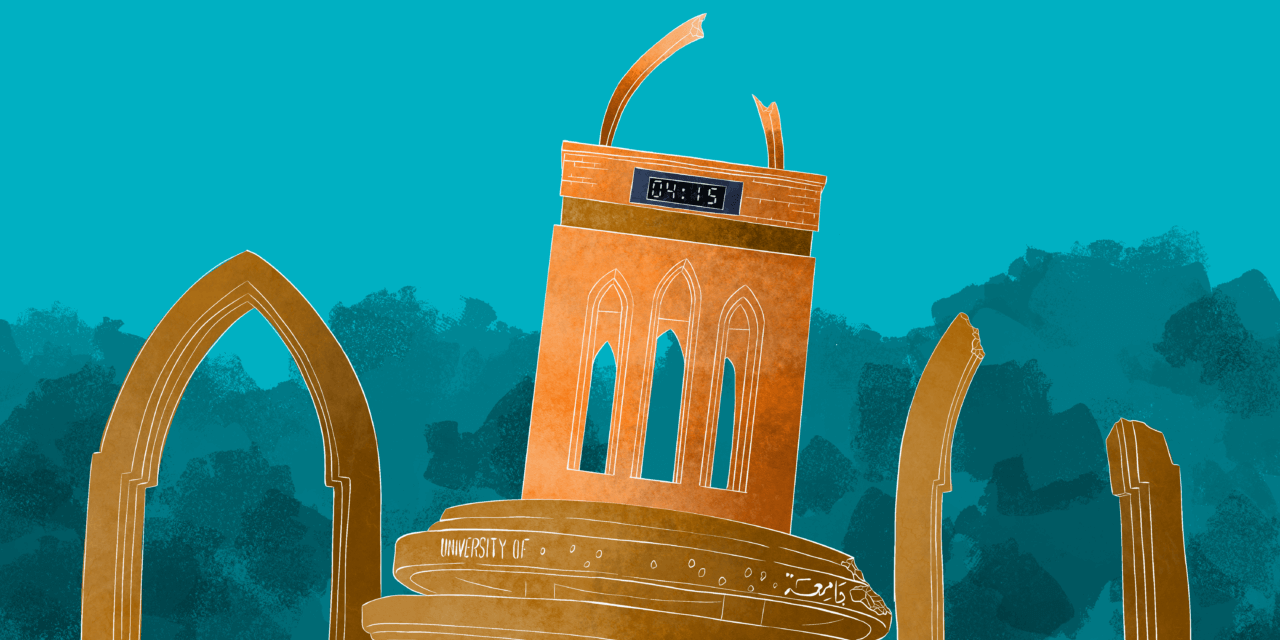In Sudan, the dreams of many university students, including Musab Khalil, a visually impaired student and father, have been continuously tested by political unrest, the COVID-19 pandemic, and recent war. Despite the relentless challenges, their resilience and hope shine through, even as the country’s educational sector grapples with unprecedented disruptions.
The journey of countless university students in Sudan was marred by unexpected challenges—starting with the civil unrest prior to the Sudanese revolution in 2018, progressing through the restrictions of the COVID-19 pandemic, and culminating in the recent political upheavals. In April 2023, when war erupted in Sudan, the aspirations of many students nearing graduation were unexpectedly and dramatically halted.
Turbulent Times
Musab Khalil, a 26-year-old visually impaired student and father of two (with a third child on the way), captures the essence of this tumultuous period. His personal tale reflects a mixture of hope, resilience, and adversity.
Musab commenced his academic endeavours at the College of Arts, Al Neelain University in Khartoum in 2018, studying psychology. His enthusiasm for higher education was soon tested when political demonstrations in December led to widespread university closures. Despite these hurdles, Musab found solace and purpose in actively participating in the revolution.
The subsequent impact of the COVID-19 pandemic in early 2020 posed further challenges for Musab. Nevertheless, he pressed on, focusing on his academic goals, even amidst sporadic student protests. By the end of his third year, he was looking forward to practical training at a psychiatric hospital. However, the sudden onset of war dashed these hopes, casting a shadow over his aspirations. Still, Musab held onto the belief that normalcy would soon return.
New Responsibilities
Since joining the university, Musab’s life has seen significant changes. In 2018, amidst the chaos of the revolution and university shutdowns, he wed and embarked on the journey of family life—a bright spot in an otherwise challenging time. To make ends meet during university closures, he ventured into the marketplace, selling sweets. Throughout all this, he remained focused on his education, viewing a university degree as a key to a stable future.
Glimmer of Hope
Post-pandemic, and with the support of his wife, Musab rekindled his passion for learning. As he transitioned to his fourth year, he was eager to forgo academic breaks and continue his studies. However, the war turned these aspirations on their head, causing despair amongst Musab and his peers. Many felt disillusioned, questioning the value of their educational pursuits, particularly as they relied on family support for tuition.
When it became evident that the conflict in Sudan wasn’t subsiding, Musab relocated to Syria, his wife’s homeland, seeking employment opportunities. Although encouraged to resume his studies in Syria, he declined, fearing a repeat of the uncertainties he faced in Sudan.

Sudanese students bear the cost of a forced halt in education. (Illustration: Medo Kagonka)
Challenges in Education
The Sudanese educational sector has faced considerable strain in recent years. Dr. Mohammed Sa’id Omar, a university professor, cites various factors, such as political turmoil, that led to disruptions in academic schedules. He recounts the story of a batch of students at Khartoum University’s Faculty of Administrative Sciences, whose academic journey has stretched over six years due to various interruptions. Such disruptions forced universities to condense semesters and led to a change in student and professor perspectives on education.
Sudan boasts 155 higher education institutions, including 39 public universities, with eight located in the capital, Khartoum. However, recent conflict has taken its toll. In August, Sudan’s Ministry of Higher Education and Scientific Research suspended all academic activities in these institutions, highlighting the war’s devastating impact on the nation’s educational infrastructure.
______
This story was produced by Media in Cooperation and Transition (MiCT) and the North Africa Media Academy (NAMA), in collaboration with the Al Adwaa Media and Journalism Services Centre, and financed by the German Federal Ministry for Economic Cooperation and Development (BMZ). The views expressed in this publication do not represent the opinions of MiCT, NAMA, Al Adwaa, or BMZ.

